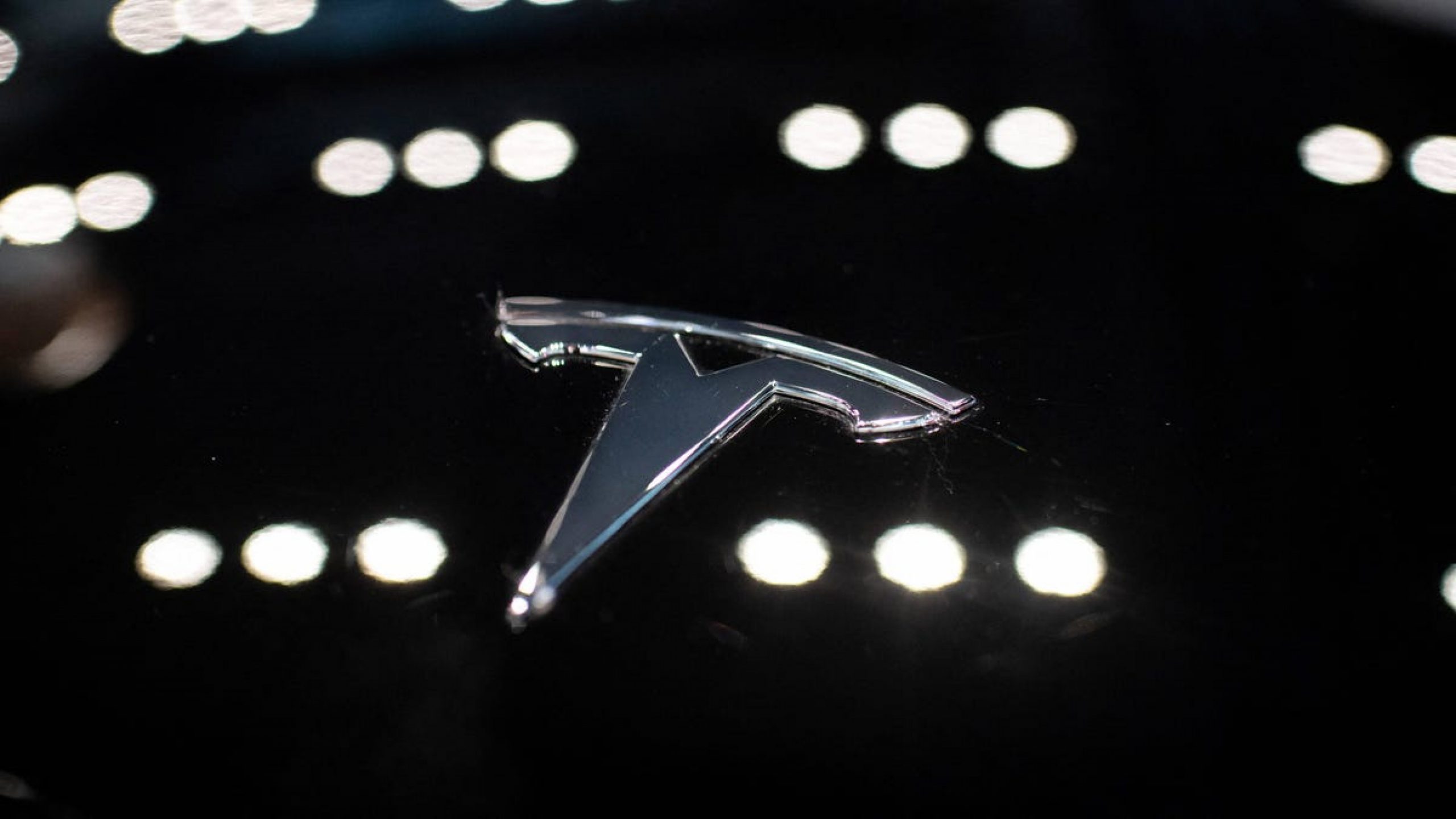Tesla Recalls Nearly 300,000 Cars in China Over Cruise Control Safety Issues
Tesla has already chalked up plenty of bad press in China this year, with officials scrutinizing its handling of customer data and protests claiming that Chinese customer complaints are going ignored. The electric car manufacturer added another controversy to the list this weekend: China’s market regulator says Tesla is recalling nearly 300,000 vehicles over safety risks posed by the vehicles’ cruise control systems, which are apparently easy to activate by accident.
As the Wall Street Journal and Reuters report, China’s State Administration for Market Regulation said Saturday that the recall includes 249,855 Model 3 sedans and Model Y compact crossover vehicles made in Tesla’s factory in Shanghai, as well as 35,665 imported Model 3 cars, all produced between December 2019 and June 2021. The recall—a first for Tesla cars built in China—can be completed remotely via the web with a software update to the cars’ active cruise control systems, which Tesla is providing for free.
“We apologize for the inconvenience caused by this recall to all car owners,” Tesla said through its official account on Weibo, China’s equivalent of Twitter, according to the Journal. “Tesla will continue to improve safety in strict accordance with national requirements.”
Following an investigation into possible defects, the Chinese regulator said the cars’ cruise control systems could be activated by accident, causing the vehicle to speed up unexpectedly. A Tesla spokesperson declined the Journal’s request for comment.
This recall is the latest in a string of PR fires Tesla has had to put out as it tries to court the largest electric vehicle market in the world. Last October, Tesla recalled nearly 30,000 imported Model S and Model X cars from China over issues with the vehicles’ suspension systems. Concerns that the company’s vehicles could be used for spying have led China to ban Tesla’s cars from its military sites and some local governmental institutions are reviewing Tesla ownership among their staff, Bloomberg reports. Facing pressure from China’s government, Tesla established a data center in China in May to store data collected from its customers’ cars in the country—ostensibly in a bid to stay on the right side of Beijing’s cybersecurity laws. Protestors also upstaged Tesla’s presentation at the Shanghai Auto Show this year to draw attention to Chinese customer complaints about problems with its cars.
G/O Media may get a commission

